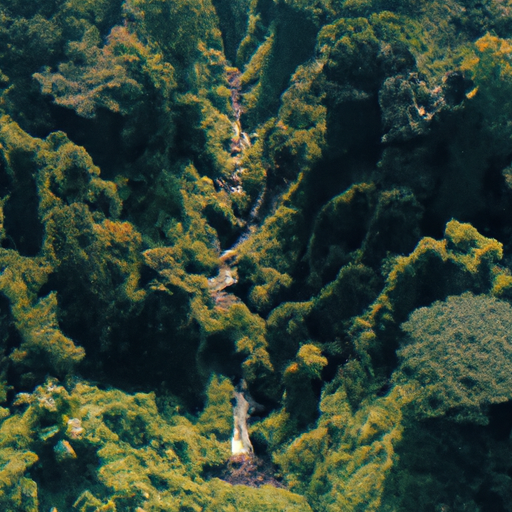-
Table of Contents
Discovering Ecotourism Destinations in Indonesia: Preserving Nature’s Treasures

Indonesia, with its rich biodiversity and stunning landscapes, offers a plethora of ecotourism destinations that allow travelers to immerse themselves in nature while contributing to its preservation. This article explores the concept of ecotourism, highlights some of Indonesia’s top ecotourism destinations, and emphasizes the importance of preserving nature’s treasures.
Ecotourism: A Sustainable Way to Explore
Ecotourism is a form of tourism that focuses on responsible travel to natural areas, with the aim of conserving the environment and improving the well-being of local communities. It promotes sustainable practices and educates visitors about the importance of preserving natural resources.
Indonesia, with its vast rainforests, coral reefs, and diverse wildlife, is a prime destination for ecotourism. By engaging in ecotourism activities, travelers can experience the beauty of nature while contributing to its protection.
Indonesia’s Ecotourism Gems
1. Raja Ampat Islands
- Raja Ampat, located in West Papua, is a paradise for divers and nature enthusiasts.
- It is home to the world’s most diverse marine life, with over 1,500 species of fish and 700 species of coral.
- Visitors can explore vibrant coral reefs, swim with manta rays, and witness the breathtaking beauty of the underwater world.
2. Komodo National Park
- Komodo National Park, a UNESCO World Heritage Site, is famous for its Komodo dragons.
- These ancient reptiles, known as the world’s largest lizards, can be observed in their natural habitat.
- The park also offers opportunities for snorkeling, hiking, and witnessing stunning sunsets.
3. Taman Negara
- Taman Negara, located in Sumatra, is one of the oldest rainforests in the world.
- It is home to diverse flora and fauna, including endangered species like the Sumatran tiger and orangutan.
- Visitors can embark on jungle treks, go river rafting, and experience the unique culture of indigenous tribes.
The Importance of Preserving Nature’s Treasures
Nature’s treasures, such as pristine forests, vibrant coral reefs, and endangered species, are invaluable assets that need to be protected for future generations. Here are some key reasons why preserving these treasures is crucial:
- Biodiversity Conservation: Preserving natural habitats ensures the survival of diverse plant and animal species, maintaining the balance of ecosystems.
- Climate Regulation: Forests play a vital role in regulating the climate by absorbing carbon dioxide and releasing oxygen.
- Economic Benefits: Ecotourism generates revenue for local communities, creating employment opportunities and supporting sustainable development.
- Cultural Preservation: Many ecotourism destinations are home to indigenous communities with unique cultures and traditions. Preserving these areas helps protect their way of life.
Conclusion
Indonesia’s ecotourism destinations offer a unique opportunity to explore the wonders of nature while contributing to their preservation. By practicing responsible travel and supporting sustainable initiatives, we can ensure that future generations can also enjoy the beauty and benefits of these natural treasures.